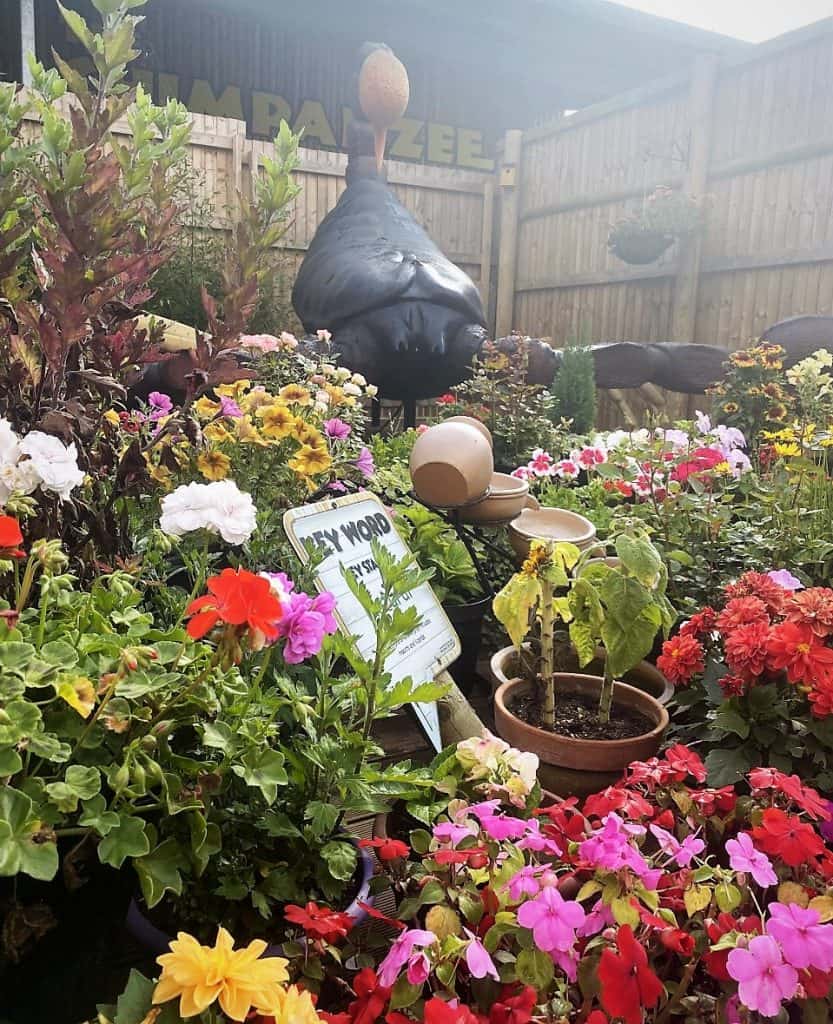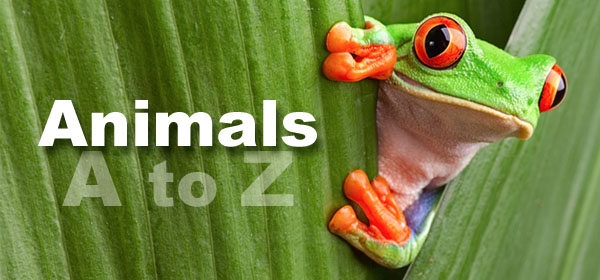On Friday 20th May 2022 we will be celebrating World Bee Day. These celebrations are in aid of raising awareness about the threats to these pollinators.
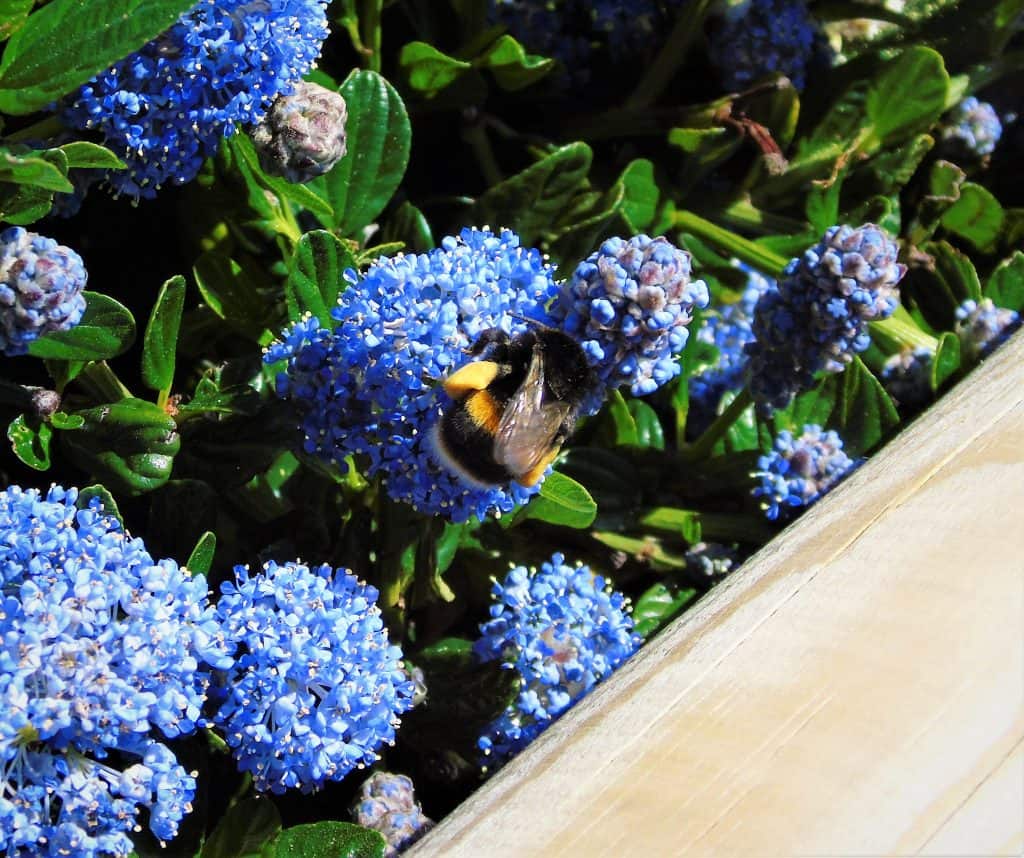
In the UK there are more than 250 species of bees often seen buzzing from flower to flower. For me it’s as difficult to imagine a life without bees as it is to envisage one without trees. These hard-working creatures have been around for millions of years, pollinating our plants and producing that sweet golden nectar called honey. A world without bees is sadly becoming more of a possibility, as these important insects are in severe decline. For them to become extinct is unthinkable and the planet will be in serious trouble because they are such an integral part of most ecosystems.
Bees live in colonies. In each colony, there are three types of bees, the queen bee, the worker bee, and the drone. The worker and the queen bee are both females, but only the queen bee can reproduce. All drones are male. The worker bees clean the hive, collect pollen and nectar to feed the colony and take care of the offspring. The drone only mates with the queen bee. The queen’s job is to lay eggs only.
Why are bees disappearing?
Habitat loss, an increase in urban developments and invasive farming methods has meant that many of the areas bees once called home no longer exist. Several species of bee nest in hollow trees, so as more trees are destroyed so are the homes these bees live in. Wildflower meadows are also in serious decline, meaning that bees lose an important food resource.
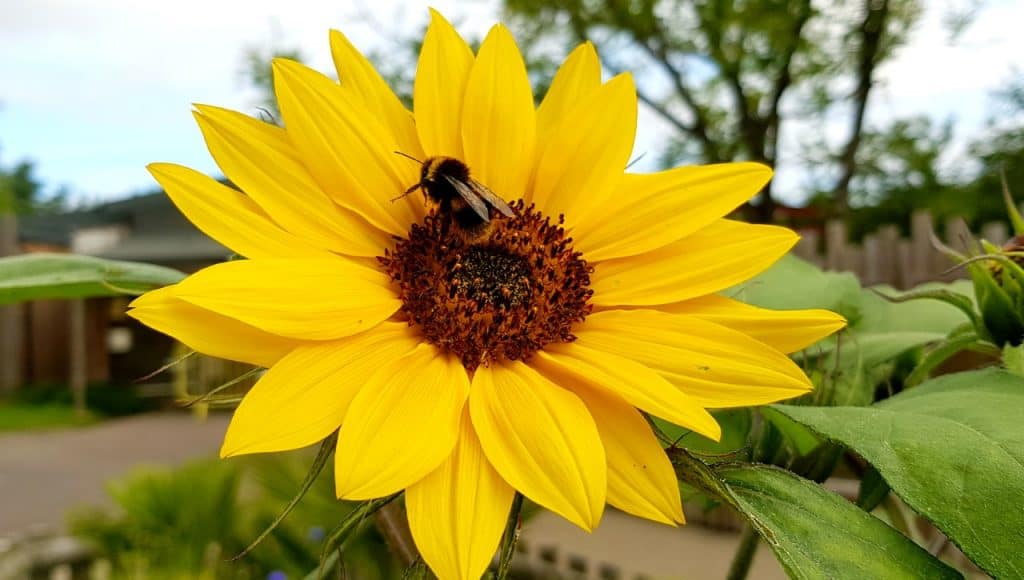
Use of pesticides is one of the main threats. Whilst they are designed to kill pests, due to their intense toxicity they are having an adverse effect on bees too.
Climate change is another contributing factor in their decline. It disrupts bee nesting behaviour and alters the normal seasonal timings, meaning flowers may bloom earlier or later than expected.
Parasites and diseases are another big threat, as well as non-native species that can also pose another threat.
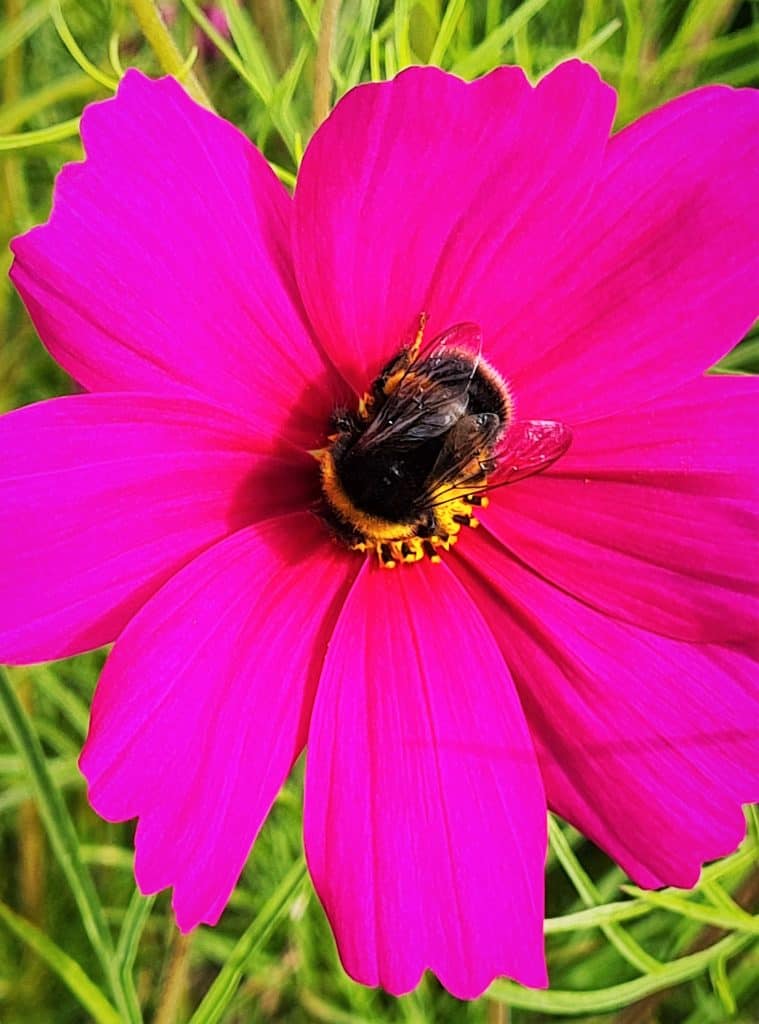
Why are bees important?
To many they are just fuzzy flying insects seen darting among the flowers during the warmer months. However, they are so much more! Being pollinators they play a critical role in healthy ecosystems, so are essential for our food production. Pollinators are worth a staggering £690 million per annum to the UK economy, and more than three quarters of the world’s food crops are in part dependent on them.
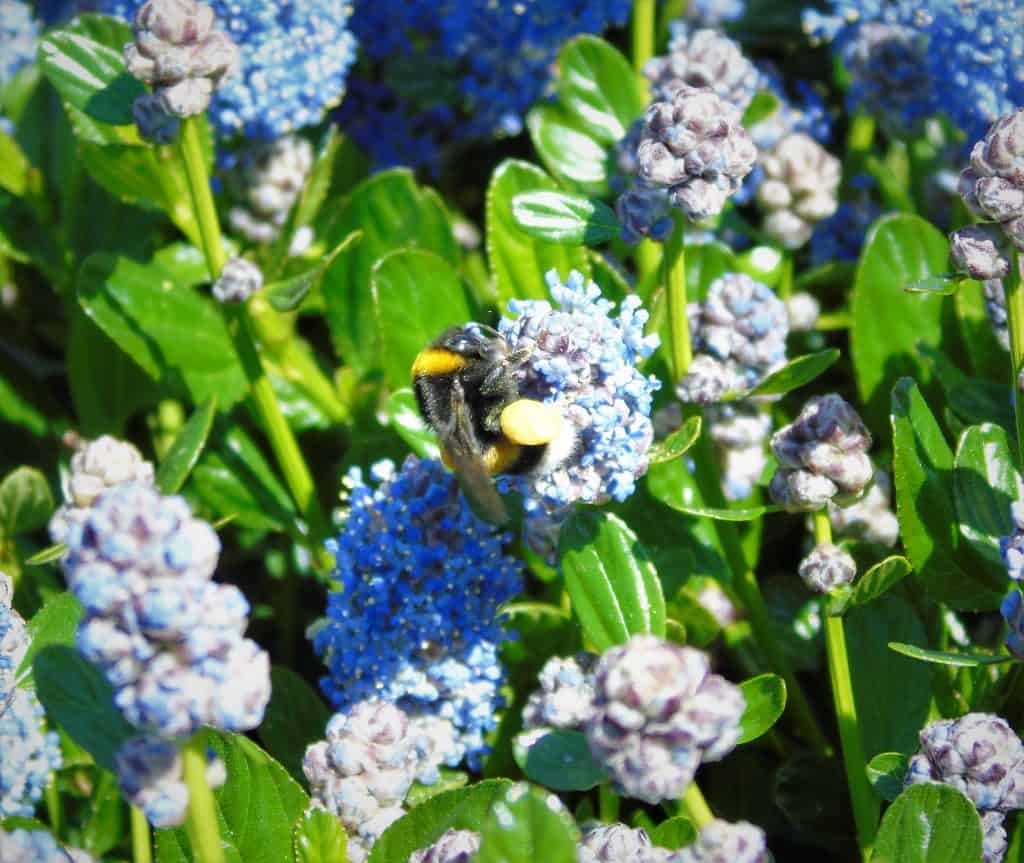
Pollination is crucial because many of the fruits, vegetables and crops that feed our livestock rely on it to be fertilised. Vegetables such as broccoli, asparagus and cucumber rely on the pollination of bees, as do apricots, strawberries, apples, tomatoes and almonds. While there are other methods of pollination (wind, birds, bats and other insects) wild bees are among the most important because they are capable of pollinating on a much bigger scale. They also produce honey which is a valuable product not only for its saccharine taste, but also due to its medicinal properties and the fact it is so energy dense.
How can we help the Bee?
It’s certainly not too late to help save the bees from extinction, there are lots of things you can do to help protect these important creatures.
One of the easiest ways to help bees is by planting lots of bee-friendly flowers in your garden. Bees can see the colour purple clearer than any other colour. So, some of the best plants for bees are purple ones such as lavender, alliums, buddleia and catmint.
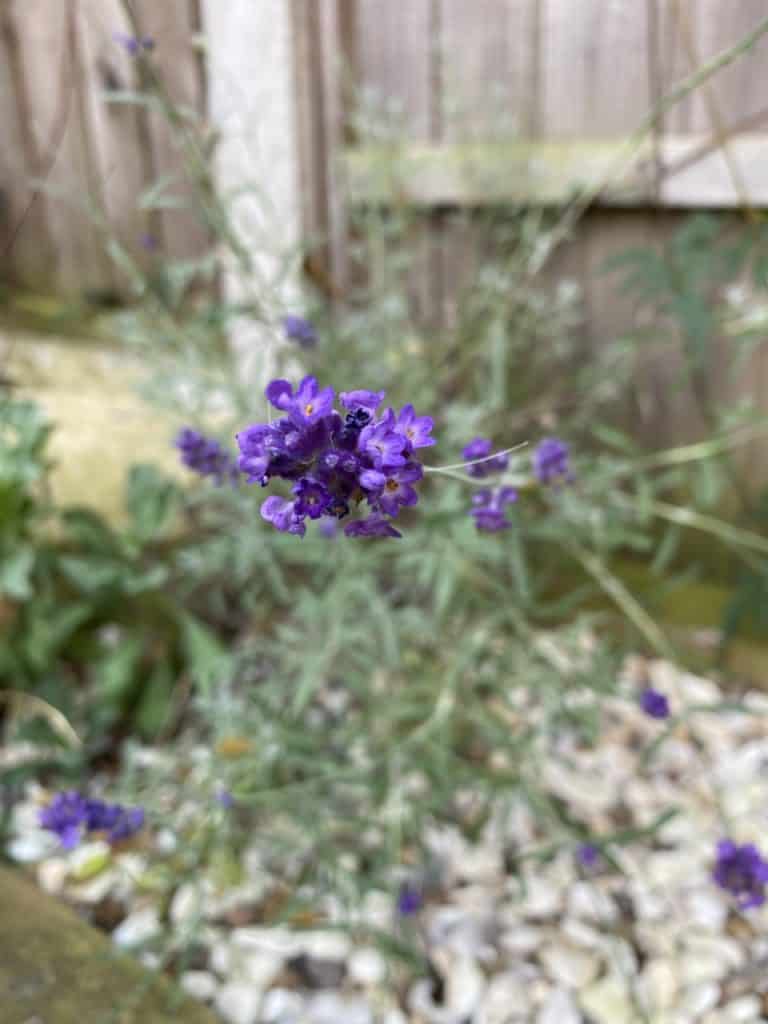
Tubular-shaped flowers are a really important food source for long-tongued bees such as the garden bumblebee. So foxgloves, honeysuckle and snapdragons are great too. As we are in the early summer it’snow is also the perfect time to add hardy geraniums, thyme, delphinium or verbascum to your borders for the bees when you’re enjoying a spot of gardening in the sunshine.
Like most invertebrates, they need shelter to nest and hibernate in. either create your own shelter or buy a ready made bee hotel. Pesticides are one of the key threats, help bees by not using them in your gardens. Some pests provide food for crucial pollinators, so leaving them to be controlled naturally is the best choice. You can help out a tired bee by mixing two tablespoons of white, granulated sugar with one tablespoon of water, placing it near the bee so it can help itself to this homemade energy drink. You can also buy/ make a bee and butterfly bath, providing a safe way for them to access water from raised stones.
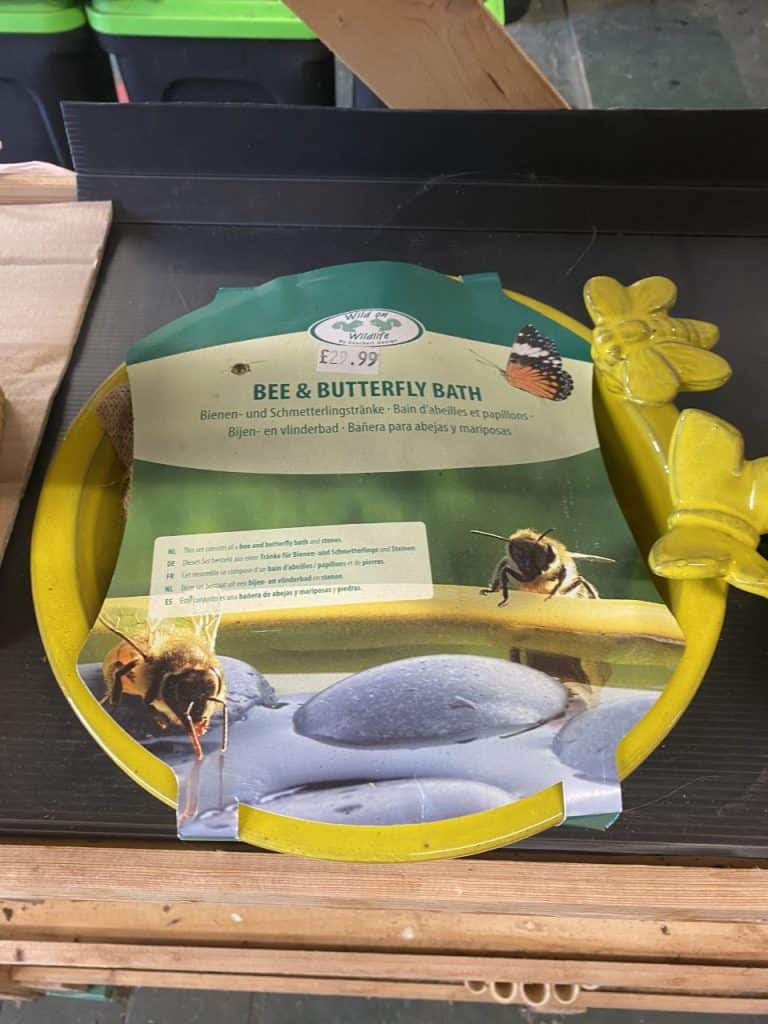
Learn more about our native bees in our Bug Garden on your next visit to WWP.
